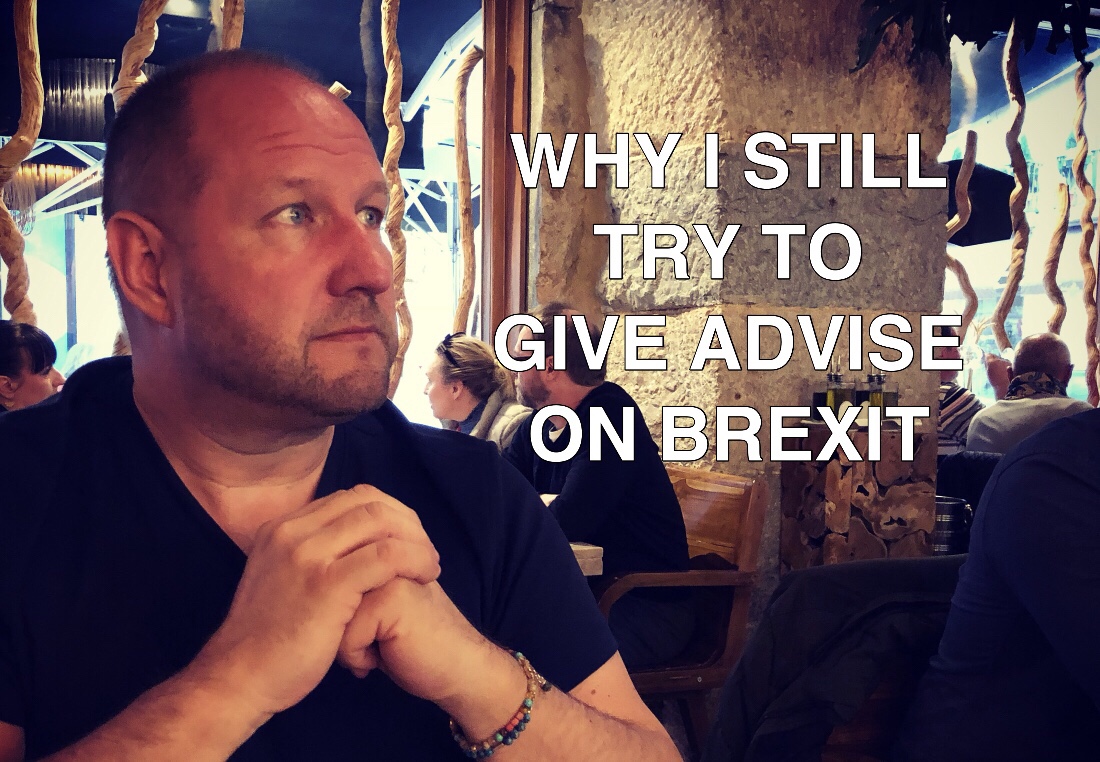Why Customs is so important for Brexit
I am an international Customs Expert. I have worked with Customs, borders and trade my entire life. Over the last almost 35 years I have visited 169 countries, I have worked in more than 120 countries and I have visited hundreds of borders.
I have seen Customs Unions emerge and develop. I have seen borders in war zones. I have worked with Governments and Private Sector all around the world. From a Customs perspective, Brexit is the biggest change I have experienced so far. I am not sure that the magnitude of the change in relstion to trade was known by people. Sometimes I even wonder if it is known or accepted today.

This is the first time a country leaves the European Union, in fact it is the first time a country leaves a well developed Customs Union.
The level of trade integration in a Customs Union, with free movement of goods through one single territory is enormous. If you add on more than 60 free trade agreements and numerous Customs agreements, then it starts to get really complicated. Taking into account International Trade and Customs Law and international agreements – then you have the challenge of a lifetime ahead of you. Especially given the fact that international standards due to globalization – and post 9/11 – are more developed today than ever before in our history.
So far there have been too much focus on the Customs duty and tax levels and not enough talk about all the other border formalities related to a country leaving a common Customs territory. Here I refer to status of goods, rules of origin, safety and sanitary regulations, security, trade statistics – and all other border formalities.
Is or impossible to leave? Nothing is impossible. However there need to be new solutions in place to do so. If people like it or not.
I consider it my duty as International Expert in this field to give advise on how to solve these challenges. I believe that all experts available should do the same. After all, we are not that many around.
This does not mean that I am in favor or against Brexit. It only means that I have the knowledge and experience that is needed to solve some of the consequences of a decision caused by the UK referendum to leave the European Union.
We know today that fair trade is good, it developes our nations and build our societies stronger. We need trade. So I will continue to gove advise on how to make trade more facilitated while still safe and secure.
You must be logged in to post a comment.